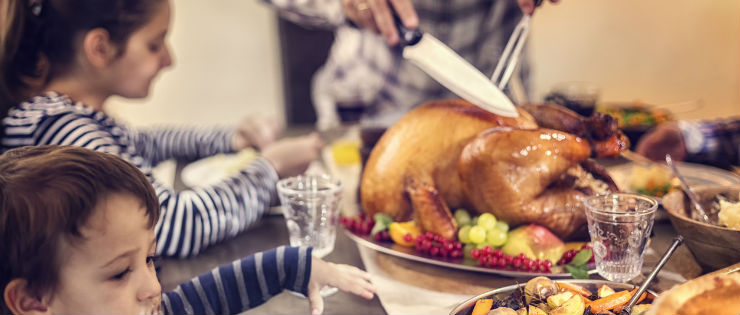
We’ve all heard the common adage 'We are what we eat.' It links the nutrients of food we consume with the way our bodies function. What we don’t usually consider is how we sleep is dependent on what we eat. Our diet plays a part in the amount and quality of sleep we get each night. To ensure you are getting the best sleep possible try to include or avoid the following list.
Include White Meat
Aim to eat protein foods with high amino acids called tryptophan. Chicken and turkey contain tryptophan which helps boost your levels of melatonin, your sleep-inducing hormone. Include some white meat in your main meal before bed for a better night’s sleep.
Include Fish
Salmon and tuna are good sources of vitamin B6 which is needed to make melatonin. Eat fish once or twice a week for a good slumber.
Include Dairy
Dairy products such as milk and yoghurt will give you a good dose of calcium. Research has indicated that people who are calcium-deficient find it hard to fall asleep at night.
Include Fruits
Cherries contain melatonin so try eating the whole fruit or cherry juice before bed. Bananas are a good sleep inducing fruit because they contain natural muscle-relaxants magnesium and potassium.
Include Grains
Whole grains are a rich source of magnesium. It is thought that magnesium is needed to stay asleep through the night.
Avoid Caffeine
Sensitivity to caffeine is different for everyone. For some a short black minutes before bed has no detrimental impact on their sleep while for others caffeine after lunch sees them tossing and turning hours later. If you are prone to sleep problems, try decaffeinated drinks or cut out tea and coffee later in the day. Switch your usual black tea for a chamomile tea before bed can improve your sleep quality. Remember chocolate contains caffeine, so a bar of dark chocolate soon before bed isn't a good idea.
Avoid Alcohol
Consuming alcohol before bed may make you fall asleep quickly however it’s the quality of sleep that’s important. Alcohol can stop you from getting Rapid Eye Movement (REM) sleep which usually begins 90 minutes after falling asleep. This stage of sleep is thought to be the most restorative and disrupting REM sleep can cause daytime drowsiness and poor concentration.
If you snore after a couple of drinks, your partner isn't getting a good deep sleep either! Make sure you don’t have more than one or two standard drinks per day so that you aren’t adversely impacting yours or your partner's sleep.
Avoid Over and Under Eating
Going to bed feeling over full can be uncomfortable and cause reflux. Try to eat your meal a couple of hours before bed, so your body has had time to start digesting your meal.
Eating too many hours before bed can leave you feeling hungry and keep you awake. Make sure you feel satisfied so if you need a snack, try a hot milk-based drink, fruit, yoghurt or cheese.
If you are suffering from difficulties falling or staying asleep, consult your GP.